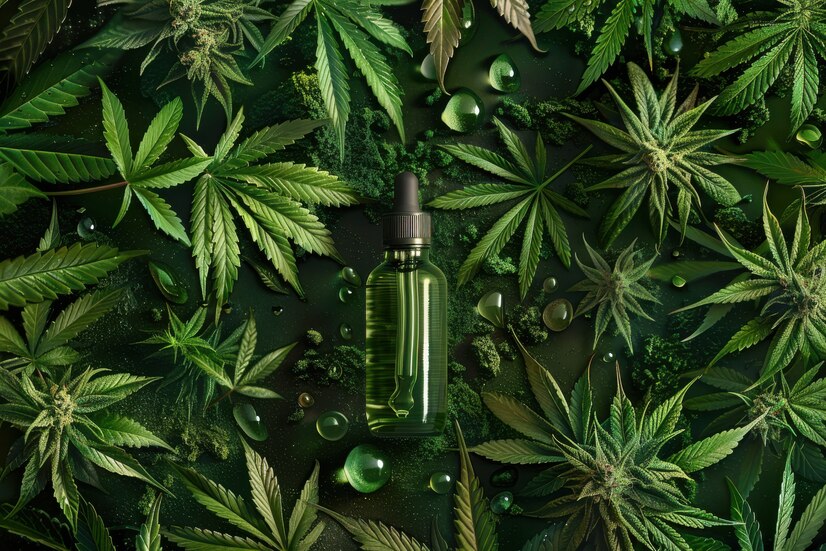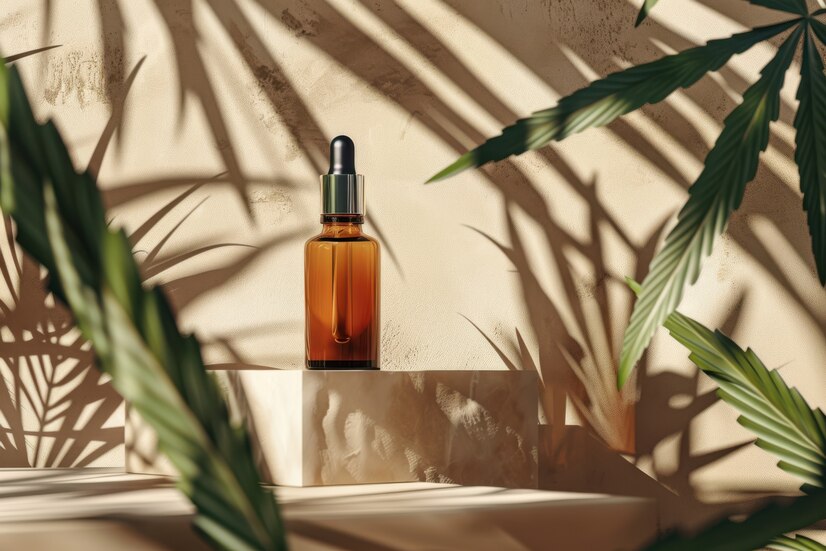Table of contents
In recent years, cannabis-related conversations have entered the mainstream, thanks in part to the growing popularity of CBD and the legalization of medical or recreational marijuana in many areas. However, a lot of confusion still surrounds one important topic: the difference between hemp and marijuana. While these two plants look and smell similar, they are legally, chemically, and agriculturally distinct.
Understanding the differences between hemp and marijuana is crucial for consumers, especially when it comes to CBD products, legality, and health uses. In this article, we’ll break down everything you need to know so you can make informed choices about cannabis-derived products.
What Are Hemp and Marijuana?

Both hemp and marijuana belong to the same species of plant: Cannabis sativa. However, their uses, chemical compositions, and legal classifications differ significantly.
- Hemp: Grown primarily for industrial uses such as textiles, paper, biofuel, and wellness products like CBD oil. Hemp is characterized by low levels of THC (less than 0.3%), which is the compound responsible for marijuana’s psychoactive effects.
- Marijuana: Cultivated mainly for its psychoactive and medicinal properties. It contains higher levels of THC, often between 5% and 30%, which can produce a “high” when consumed.
Key Differences Between Hemp and Marijuana

1. Chemical Composition
- Hemp: High in CBD (cannabidiol) and very low in THC (tetrahydrocannabinol).
- Marijuana: High in THC, with varying levels of CBD.
This difference in THC content is the primary factor that separates hemp and marijuana under the law.
2. Legal Status
- Hemp: Federally legal in the United States under the 2018 Farm Bill, as long as it contains less than 0.3% THC.
- Marijuana: Still considered illegal at the federal level, although many states have legalized it for medical and/or recreational use.
3. Cultivation Methods
- Hemp: Grown outdoors in large fields with minimal maintenance.
- Marijuana: Grown under controlled conditions to maximize THC content and bud quality.
4. Uses and Applications
- Hemp Products: CBD oil, skincare, fabric, paper, rope, construction materials (hempcrete), and food (hemp seeds).
- Marijuana Products: Dried flower, edibles, concentrates, tinctures, and topicals intended for medical or recreational use.
Why This Distinction Matters
Understanding the difference between hemp and marijuana can help you:
- Choose the right products: If you’re looking for CBD without psychoactive effects, hemp-derived CBD is the way to go.
- Stay compliant: Purchasing marijuana-derived products in a non-legal state could lead to legal issues.
- Understand labeling: Products labeled “hemp extract” or “hemp-derived CBD” are legal in more areas than those derived from marijuana.
Common Misconceptions
- “Hemp and marijuana are the same.”
➤ While both come from Cannabis sativa, their chemical profiles and legal definitions are very different. - “CBD from marijuana is better than CBD from hemp.”
➤ CBD is the same molecule regardless of its source. The difference lies in the presence of other compounds like THC. - “Hemp can get you high.”
➤ False. Hemp contains only trace amounts of THC—nowhere near enough to cause psychoactive effects.
FAQs About Hemp and Marijuana
Yes, hemp is federally legal, but some states have restrictions on certain hemp-derived products like smokable hemp or edibles.
Most likely no, but it depends on the product. Full-spectrum CBD from hemp may contain trace THC. Always choose products with third-party lab results.
Most marijuana strains are, due to high THC levels. However, some strains are bred to have higher CBD and lower THC.
Yes. Hemp-derived CBD has been used to manage anxiety, pain, and inflammation—without the high of THC.
No. Hemp is grown more like an industrial crop, while marijuana cultivation is much more controlled to optimize THC production.
Final Thoughts
Despite being part of the same plant family, hemp and marijuana serve very different purposes. Hemp is versatile, legal, and ideal for people seeking the health benefits of cannabis without the high. Marijuana, on the other hand, is best suited for those who require or prefer THC-rich products for medical or recreational purposes—depending on local laws.
By knowing the difference between hemp and marijuana, you can confidently navigate the growing world of cannabis-based wellness and choose the best products for your needs.





